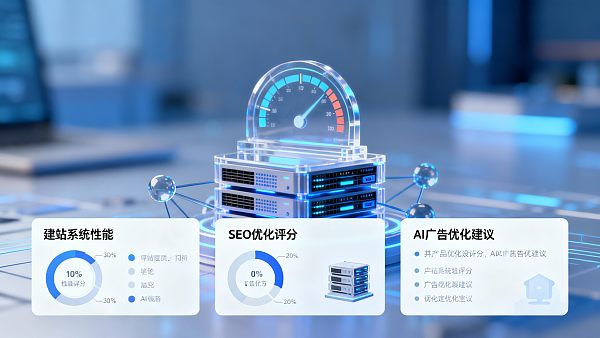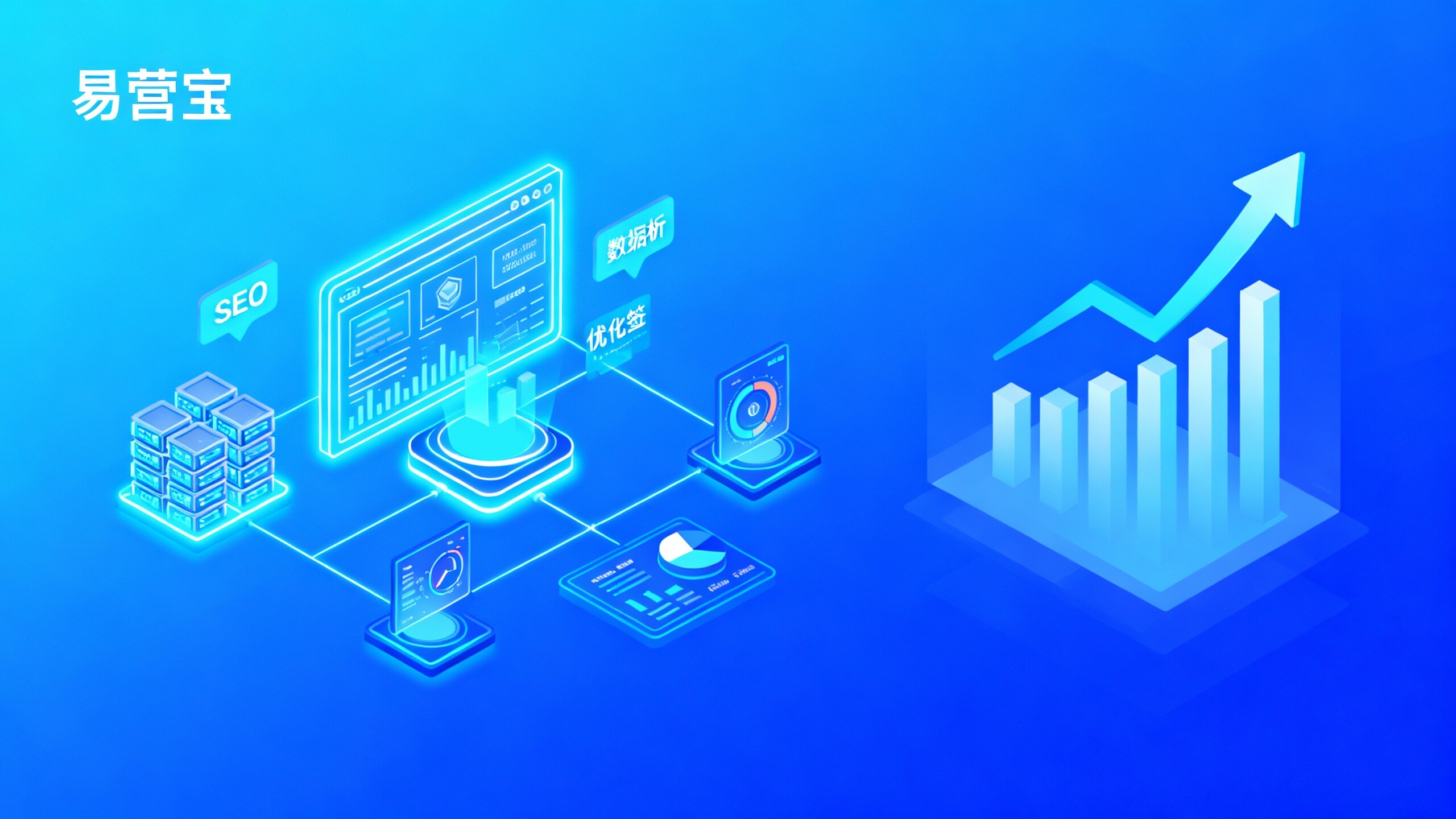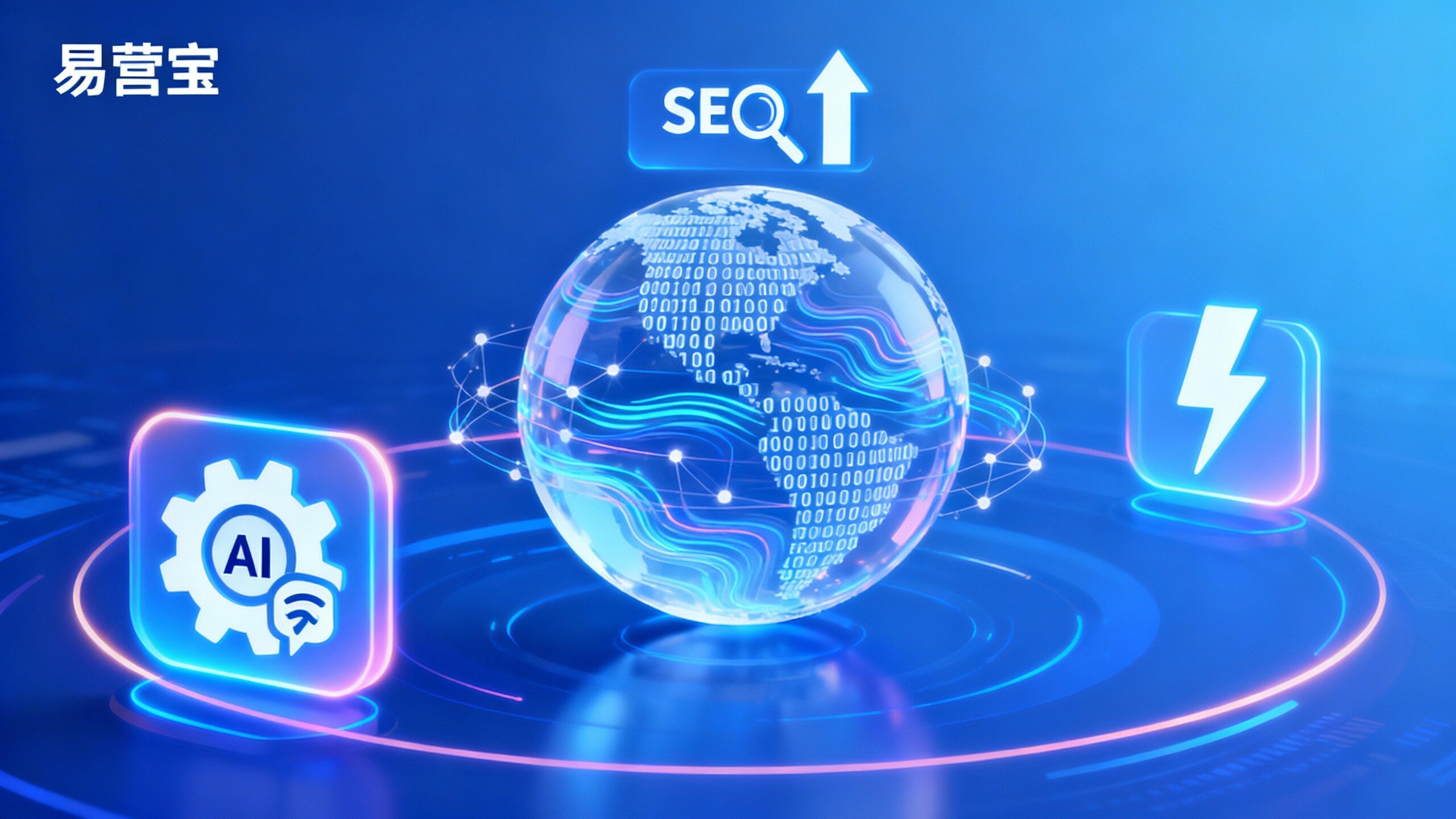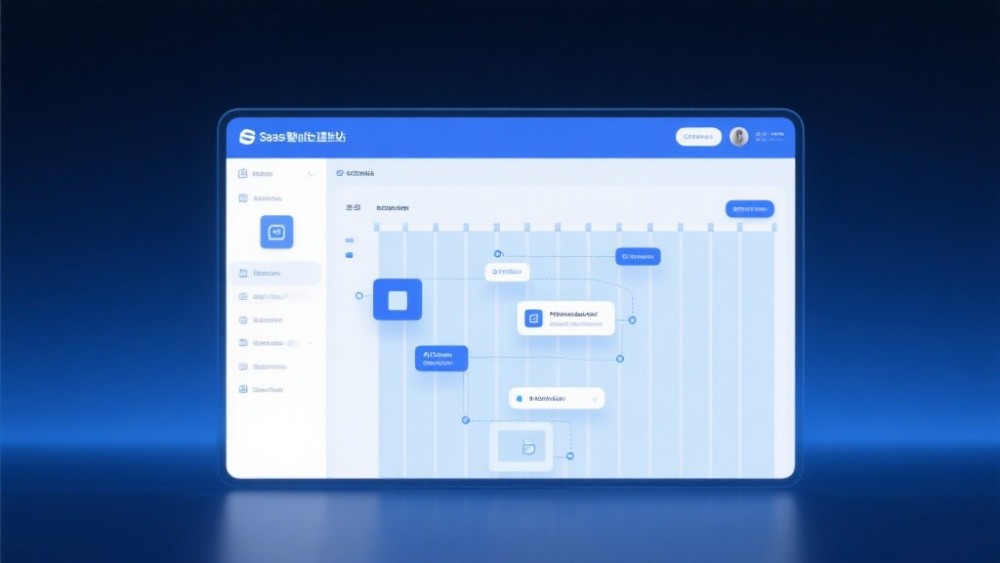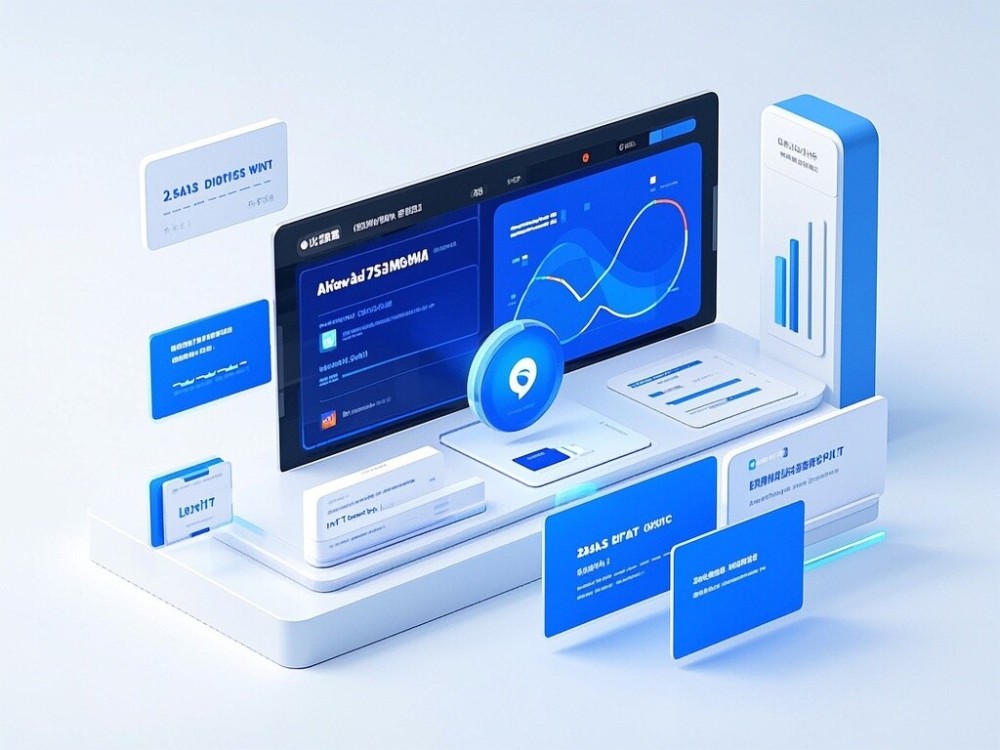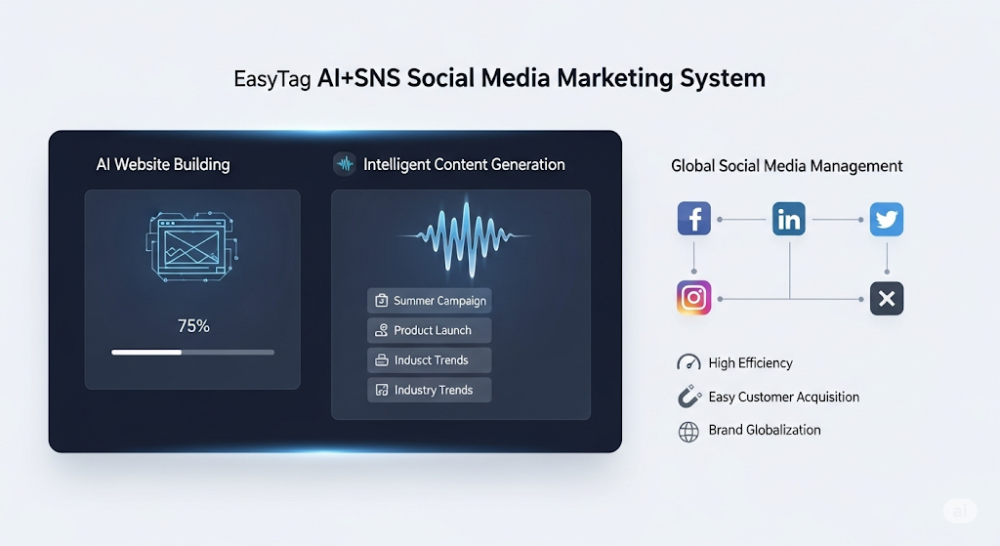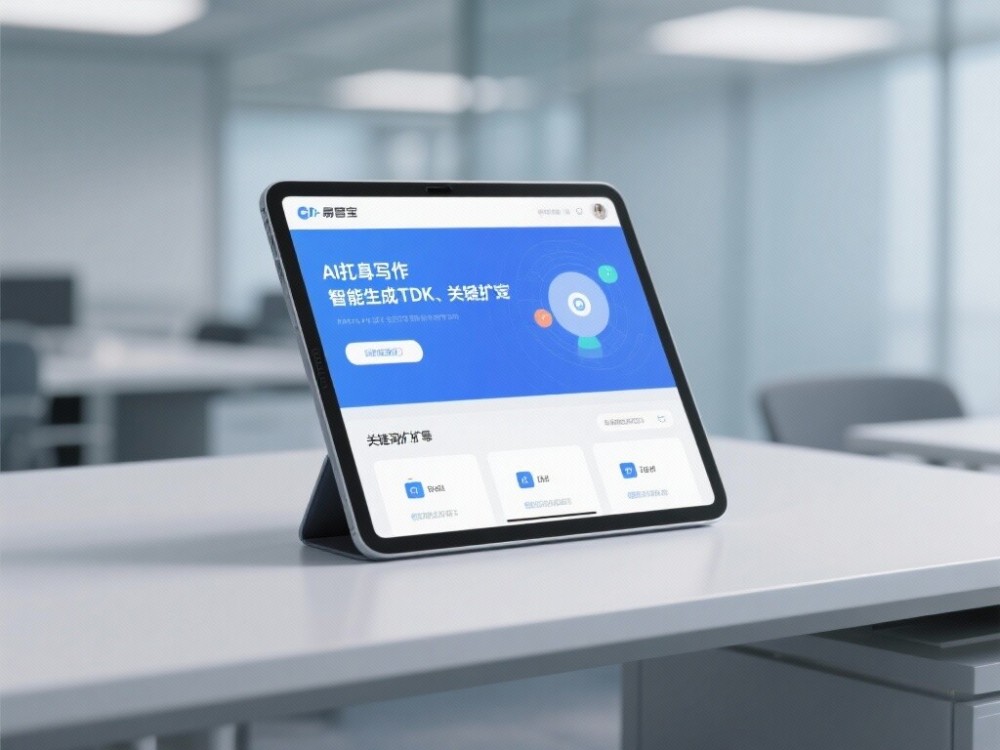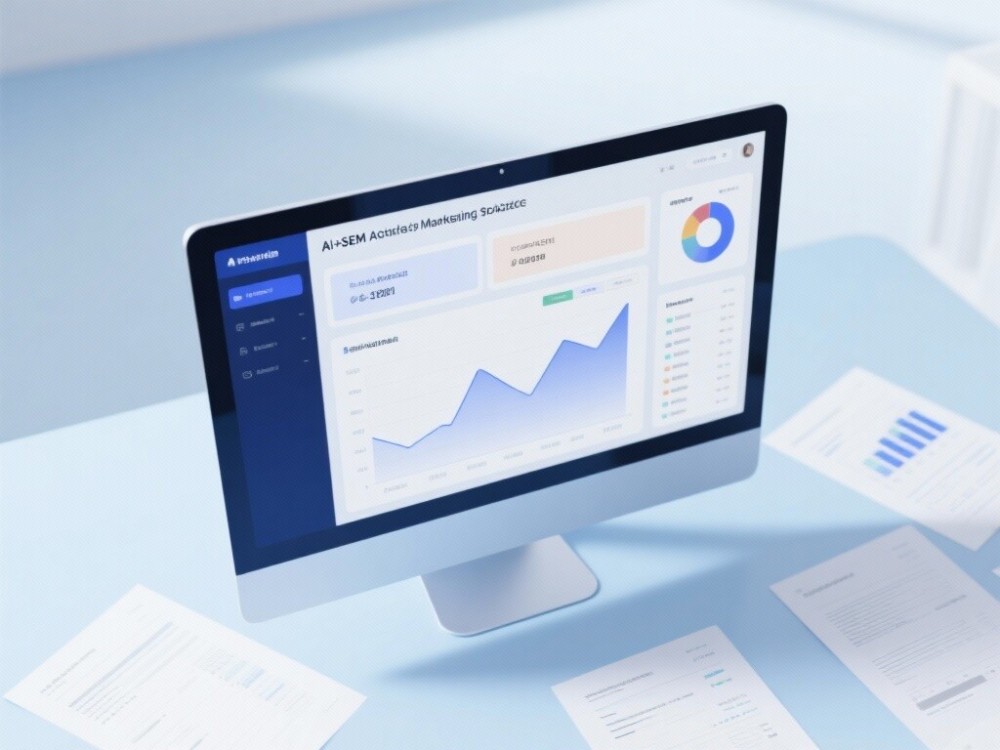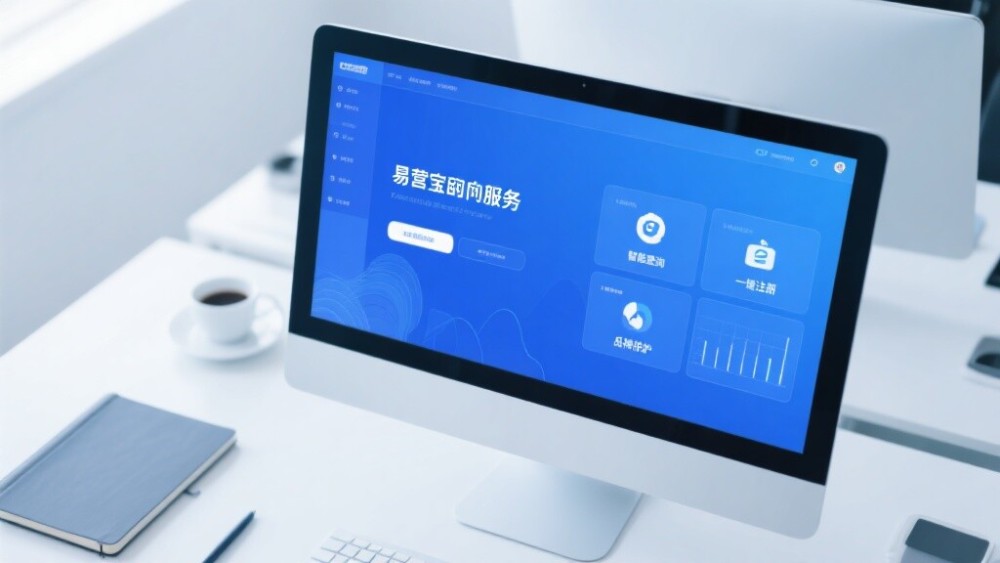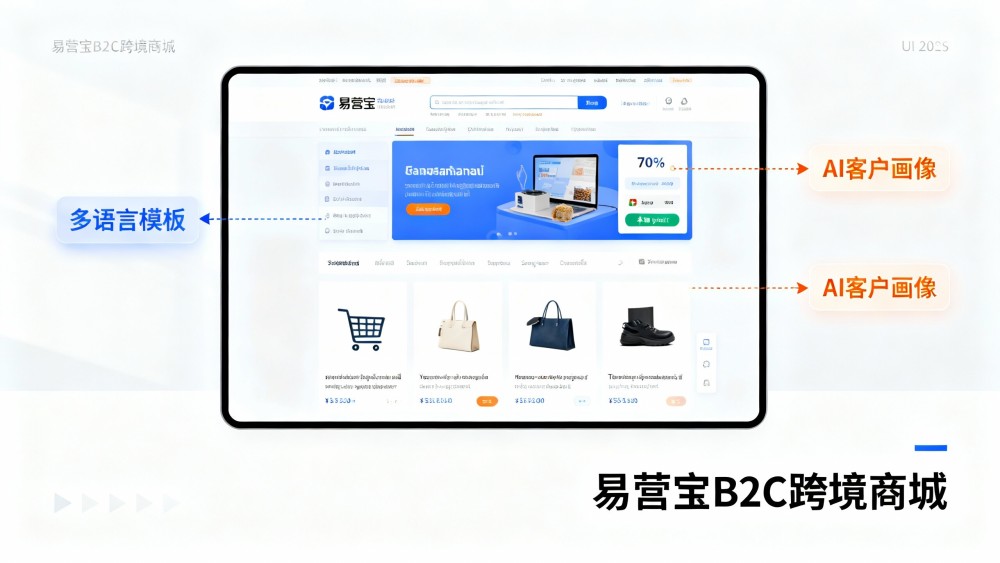- How to Choose the Right Global Website SaaS Platform for Your Business? The Latest 2023 Selection Guide2026-01-13View details
- City Partner Program Explained: How to Achieve Business Growth Through Global Website Building SaaS Platform2026-01-13View details
- How does EasySales B2B platform help companies reduce customer acquisition costs? 2024 latest data analysis2026-01-12View details
- From 0 to 1: EasyYunbao Multilingual Website Helps Businesses Succeed in Overseas Markets with Case Studies2026-01-12View details
- 2023 China Smart Website Market Research: Analysis of Multilingual Website System Demand Growth2026-01-12View details
- Real User Sharing: YIYINGBAO Usage Experience and Website Effectiveness Evaluation2026-01-12View details
- Intelligent Website Platform Competitive Analysis: Core Differences Between EasyYunbao and Mainstream Domestic Website Systems2026-01-12View details
- EasyYunbao Review: How effective is multilingual website building and ad placement?2026-01-13View details
Comparison of Foreign Trade Website System Prices: Real Case Analysis of Eyingbao SaaS Platform's Cost Performance
This article analyzes the pricing and cost-effectiveness of foreign trade website building systems, focusing on the multilingual website system and user experience of EasyYunbao SaaS platform to help you make the optimal choice.
Price Framework and Cost Structure Analysis: SaaS Pricing Is More Than Just Monthly Fees
In the decision-making process for foreign trade websites, price is often the first hurdle, but what truly impacts total costs are deployment cycles, traffic costs, language support, and post-launch maintenance fees. Typical foreign trade website systems charge based on four categories: basic subscriptions, bandwidth/traffic tiers, functional plugins, and ad placement services. When comparing mainstream solutions, focus on: whether multilingual SEO optimization is included, CDN and DDoS protection availability, automatic SSL certificate issuance, and localized payment and compliance support. A common misconception in the smart website industry is focusing solely on setup costs while neglecting customer acquisition costs, conversion leaks, and ongoing optimization investments.
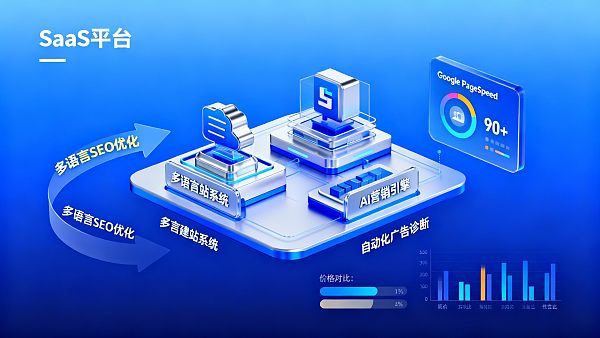
Take EasyYunbao as an example—its pricing strategy emphasizes "full-chain value delivery." Beyond basic subscriptions, it highlights AI-driven content and ad optimization to reduce long-term external ad spend and manual content production costs. When evaluating budgets, be sure to factor in initial launch costs, monthly hosting and bandwidth fees, ad placement and content generation expenses, as well as international compliance/localization services to accurately reflect the cost-effectiveness of cross-border website platforms.
Performance and Feature Comparison: Multilingual Capabilities, SEO, and Platform Scalability
For foreign trade websites, speed, language support, and search visibility determine initial traffic and conversion efficiency. Technical parameters are key value metrics: Google PageSpeed scores of 90+, daily data request handling of 10B+, and 92.7% translation accuracy directly reflect platform performance and internationalization capabilities. Multilingual systems must not only translate pages but also ensure multilingual SEO through independent URLs, hreflang tags, and auto-generated TDK with language distribution nodes. Scalability-wise, distributed architectures (e.g., Google Cloud or AWS-based CDN nodes) ensure stable loading globally, while automated copy and metadata generation enhance content update speed and quality.
When comparing foreign trade website systems, prioritize core features like AI keyword expansion, auto-generated TDK, and smart website diagnostic tools—these directly impact SEO rankings and organic traffic costs. Platforms guaranteeing Google PageSpeed 90+ with unified multilingual management will have long-term cost advantages and technical moats.

EasyYunbao User Experience and Operational Efficiency: From Website Building to Customer Acquisition
Operationally, businesses care most about the time and efficiency from setup to content generation and lead conversion. EasyYunbao’s product matrix covers smart website building, AI marketing engines, social media automation, and ad diagnostics—creating a closed-loop system. Its built-in AI keyword + TDK auto-generation + AI image generation trio supports daily mass content output, reducing manual copywriting and localization costs; social automation syncs with Facebook, LinkedIn, and Instagram, saving multilingual social operations time; and its AI ad manager optimizes Google Ads and Meta platforms in real time to boost ad efficiency.
From a user perspective, evaluation points should include: template usability and responsive system intuitiveness, backend multilingual management convenience, dashboard readability, and smart customer service automation. For quick validation, test CTR and inquiry rate improvements on small-scale sites before full migration or ad budget increases. Real cases show that combining creative factory models, dynamic creatives, and multilingual ad libraries can shorten A/B testing cycles and improve ad creative hit rates.
ROI and Applicable Scenarios: Real Results and Risk Control for B2B Foreign Trade
For B2B exporters, website platform value hinges on inquiry volume, conversion efficiency, and customer lifetime value. Data speaks volumes: platforms claiming 320% inquiry growth, 2.8x average order value, 58% repeat purchase rates, and 67% conversion lifts—if replicable in your industry—will slash customer acquisition costs and boost ROI. Also monitor invalid inquiry rates, compliance, and ad reimbursement mechanisms. Premium platforms often offer differential safeguards like inquiry volume guarantees or compensation clauses to mitigate procurement risks.
Practical solutions for foreign trade should cover standalone site building, Google Ads, multilingual SEO, smart CRM, and supplier profiling. Integrated providers reduce multi-vendor coordination costs and accelerate data loops for trackable conversions and multi-timezone auto-follow-ups. For solution comparisons, start with trial contracts featuring measurable KPIs before scaling investments.
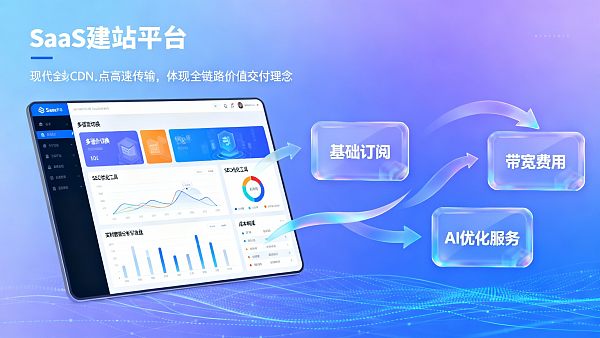
Product and Case References (Random Embed)
During evaluation, reference deployed industry solutions—these typically integrate responsive template libraries, AI supplier profiling, and dynamic ad creative generation. For example, click B2B Foreign Trade Solutions to view standardized implementation paths showcasing technical parameters, core features, and typical ROI cases to assess business fit.
Conclusion and Action Guide: How to Make the Optimal Choice
In summary, choosing a foreign trade website system requires evaluating multilingual technical capabilities, SEO/page performance, automated lead gen tools, and long-term service commitments—not just upfront pricing. Key ROI determinants are the tech backend, global CDN nodes, AI content, and ad automation. For researchers and users, we recommend small-scale CTR and inquiry lift tests to validate translation accuracy and page speed before procurement decisions.
To learn more about cross-border platforms, responsive systems, or B2B foreign trade marketing websites, contact us for customized evaluations and trial solutions. For solution details, consult our advisory team or request product demos to verify EasyYunbao’s performance benefits.
- Website Construction
- Platform
- Foreign Trade Website
- SSL Certificate
- Website detection
- Social Media Operations
- Google Ads
- B2B Foreign Trade
- Independent website construction
- Multilingual SEO Optimization
- Campbell (name)
- SEO
- free-standing station
- SEO optimization
- Intelligent website building
- AI Marketing Engine
- Social Media Automation
- Multilingual SEO
- B2B Foreign Trade Marketing Website Construction
- EasyBusiness SaaS Platform
- Foreign Trade Website System
- Multilingual Website System
- Cross-border website platform
- Responsive Website System
- Responsive Web Design
- Smart Website Platform
- Intelligent Website Platform Industry Discussion
- Easy Treasure User Experience
Related Articles
![Enterprise Website Development and Independent Website SEO Optimization Full Strategy: From 0 to 1 Building a High-Converting Website Enterprise Website Development and Independent Website SEO Optimization Full Strategy: From 0 to 1 Building a High-Converting Website]() Enterprise Website Development and Independent Website SEO Optimization Full Strategy: From 0 to 1 Building a High-Converting Website
Enterprise Website Development and Independent Website SEO Optimization Full Strategy: From 0 to 1 Building a High-Converting Website![2023 Multilingual Foreign Trade Website System Latest Feature Updates: Boosting Cross-border Sales Conversion Rates 2023 Multilingual Foreign Trade Website System Latest Feature Updates: Boosting Cross-border Sales Conversion Rates]() 2023 Multilingual Foreign Trade Website System Latest Feature Updates: Boosting Cross-border Sales Conversion Rates
2023 Multilingual Foreign Trade Website System Latest Feature Updates: Boosting Cross-border Sales Conversion Rates![EasyCampaign Multilingual Website in Action: 3 Steps to Build a High-Converting Foreign Trade Independent Site EasyCampaign Multilingual Website in Action: 3 Steps to Build a High-Converting Foreign Trade Independent Site]() EasyCampaign Multilingual Website in Action: 3 Steps to Build a High-Converting Foreign Trade Independent Site
EasyCampaign Multilingual Website in Action: 3 Steps to Build a High-Converting Foreign Trade Independent Site
Related Products

